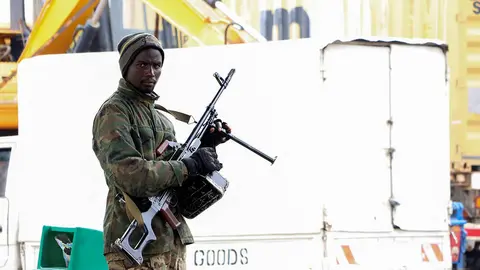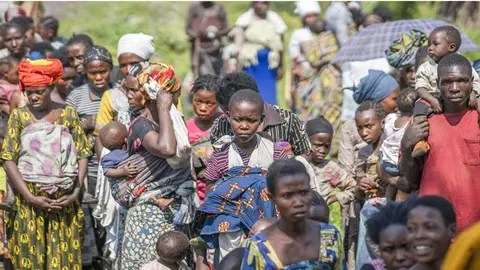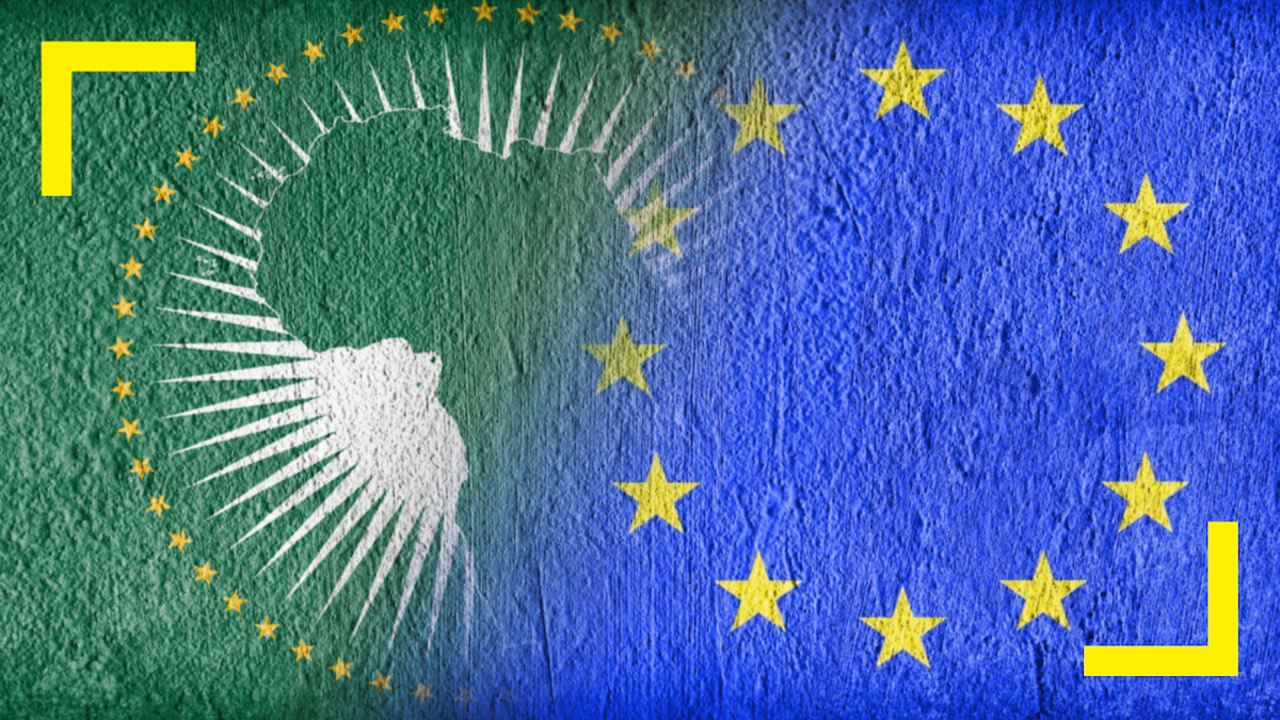Agreement between the International Monetary Fund and the Democratic Republic of Congo to stabilise the country's economy
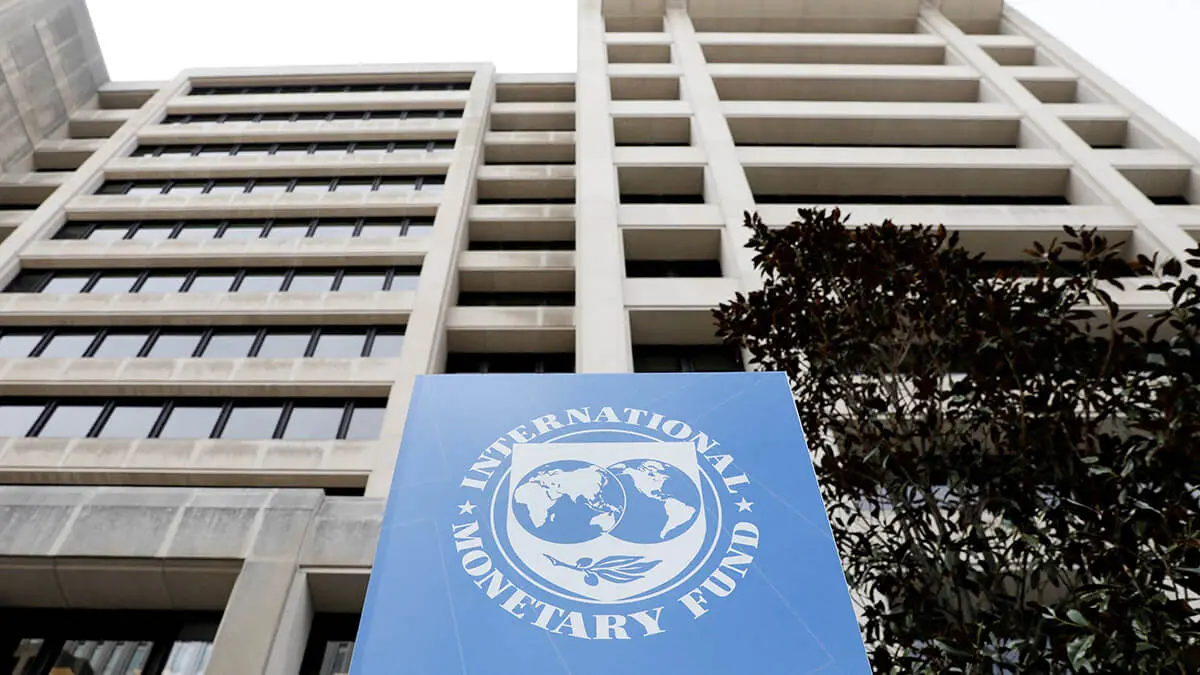
- The critical situation in the DRC requires financial assistance
- The role of the IMF: beyond financing
The Democratic Republic of the Congo has taken an important step forward in its international economic projection. After two weeks of intense negotiations in Kinshasa, the Congolese government and the International Monetary Fund reached a technical agreement as part of the first review of the three-year programme supported by the Extended Credit Facility (ECF) and the Resilience and Sustainability Facility (RSF).
The agreement provides for new financing totalling $2.8 billion, distributed between the FEC (Federation of Congolese Enterprises) and the Resilience and Sustainability Facility (RSF).
This progress was achieved against a backdrop of intensifying armed conflict in the east of the country, which has created new economic, social and humanitarian challenges. Despite this situation, the economy has shown resilience, with GDP projected to grow by 6.5% in 2024, driven mainly by the mining sector. Furthermore, growth is expected to remain above 5% until 2025.
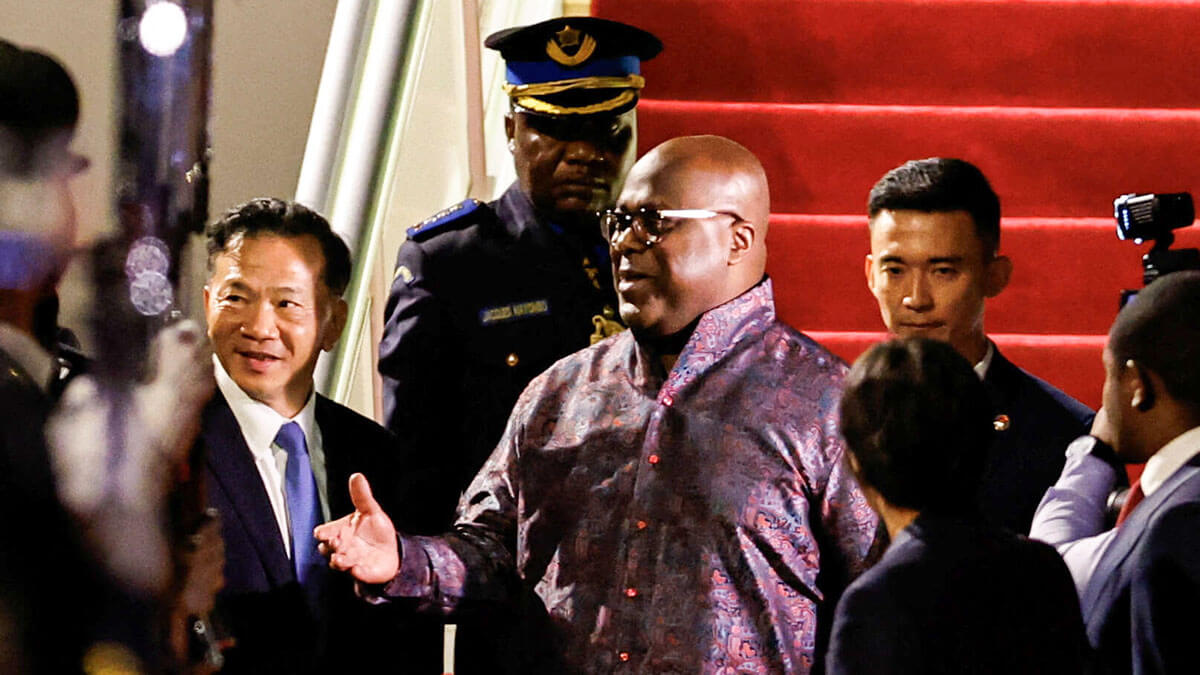
The critical situation in the DRC requires financial assistance
The Democratic Republic of the Congo is currently going through a critical phase, marked by an escalation of violence in the east of the country. Clashes between the Congolese Armed Forces and the M23 armed group, attacks on civilians in Djugu and increased militia activity in South Kivu are causing new waves of displacement and exacerbating the humanitarian crisis. This situation is compounded by torrential rains and recent floods, which have caused significant material damage and further affected already vulnerable communities.
In response to these challenges, military spending has increased and salaries in the security sector have doubled, all without a clear source of funding. As a result, the fiscal deficit has grown. It is estimated that these expenditures could reach up to 2.4% of GDP each year. In addition, the state loses about $400 million due to the inability to collect taxes in areas controlled by armed groups.
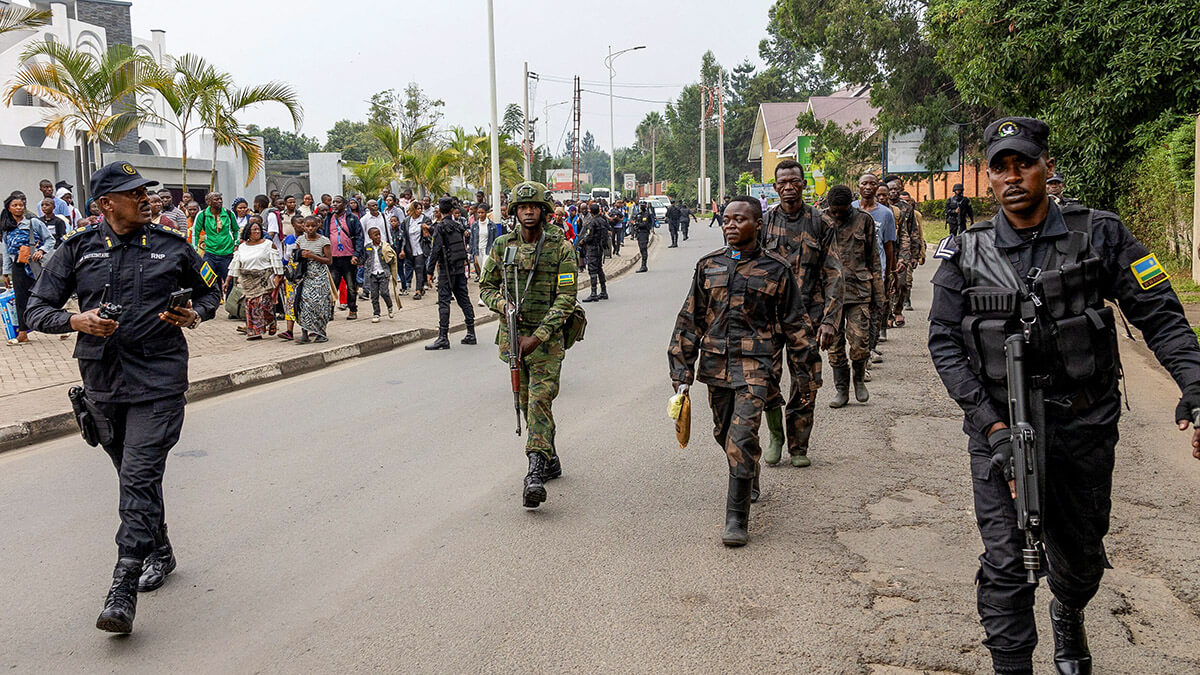
The role of the IMF: beyond financing
The IMF's main objective is to promote sustainable financial stability and prosperity for its member countries through three fundamental missions: monetary cooperation, promoting trade and economic growth, and preventing policies that affect prosperity.
In the case of the DRC, the Fund has recommended reducing government spending, reviewing certain tax exemptions and improving control over the mining sector to ensure that revenues reach the state. According to its official website, the IMF highlighted that significant progress has already been made, such as the operationalisation of the Treasury; the decentralisation of spending; the creation of a single Treasury account; and the transition to a resource-based fiscal framework to protect spending from the volatility of extractive revenues.
The organisation also urges the Congolese government to devote greater effort to mobilising domestic revenue. Among the measures suggested are accelerating standardised VAT invoicing; implementing a revenue plan; reducing inefficient tax exemptions; combating tax evasion in mining exports; and strengthening customs controls. Finally, it highlights its call for strengthening governance and transparency (especially in the extractive sector) to combat corruption and improve the business climate.

Despite the recommendations, the new agreement between Kinshasa and the IMF, negotiated between 30 April and 13 May, proves to be the product of an unprecedented institutional effort. While it is not an immediate solution to the country's problems, it represents a long-term strategy for building a more robust economy. In a region marked by instability, where state authority is undermined not only by violence but also by a lack of basic services, improving fiscal efficiency becomes a means of regaining control and sovereignty.
With this agreement, the DRC aims both to stabilise its economy and to change the image it projects to the world. Despite internal conflicts, it demonstrates a willingness to transform and a commitment to change from within. Proof of this is the leadership of President Félix Antoine Tshisekedi and the coordination of Prime Minister Judith Suminwa Tuluka, under whom the government team has worked closely, despite the current challenges. In addition, the participation of key figures, such as the ministers of finance and budget, as well as the governor of the Central Bank, Malangu Kabedi, reflects an effort to unite the political and technical spheres.
The result is therefore a modification of the economic programme that seeks to address both the challenges of the armed conflict and the demands of growth.
"The authorities of the Democratic Republic of the Congo and the IMF team have reached a staff-level agreement on the first review of the Democratic Republic of the Congo's three-year economic and financial programme, financed by the IMF under the SCA, subject to approval by IMF management and the Executive Board. Consideration by the IMF Executive Board is tentatively scheduled for late June 2025," said Calixte Ahokpossi, Chief of the IMF Mission to the Democratic Republic of the Congo.

